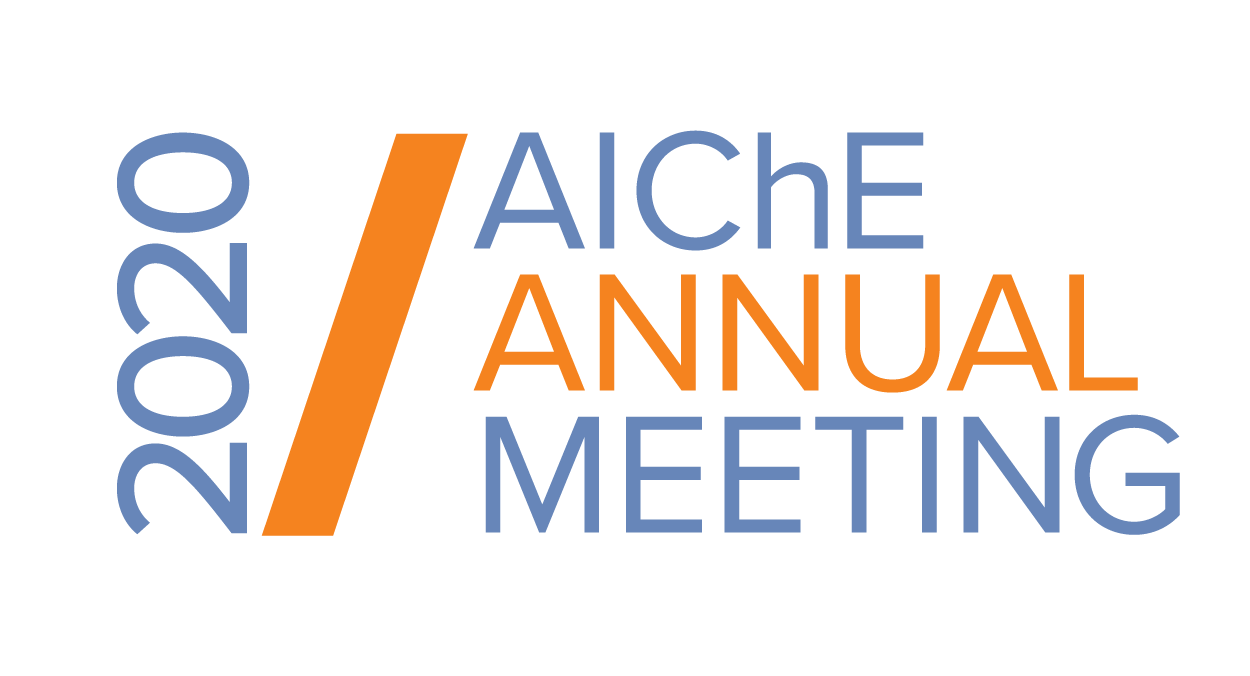

Promising approaches to utilize CO2 and water as a feedstock are solar heated thermochemical processes. Our group investigates such processes amongst which are the solar thermal dissociation of water and carbon dioxide to generate a mixture of CO and H2 (= synthesis gas), which is then converted to a liquid fuels like methanol, gasoline or kerosene. This is at the same time a method to chemically store renewable energy using a two-step process based on multi-valent metal oxides capable to abstract and reversibly incorporate oxygen from water or CO2.
R&D on such processes is carried out on European level. The technology has been developed from laboratory scale experiments to demonstration plants for hydrogen production at the Plataforma Solar de Almería (PSA) operated by the Spanish organisation CIEMAT and for kerosene production at a solar tower in Mostoles, Spain operated by IMDEA Energia.
In an accompanying German national project the complete production chain of solar fuels is being investigated. The aim is to obtain the most advantageous process design possible by carrying out a techno-economic analysis and optimisation, with which the target fuels can be produced at competitive prices. This chain not only considers the source of feedstock and the production route but also the use of the fuel inside a motor or turbine, as drop-in fuel or as newly designed fuel. The thermochemical pathways under consideration for this comparative analysis comprise routes based on porous reactive ceramics as solar absorbers as well as others based on ceramic particle flows. Heat recovery plays an essential role to make those processes feasible since they are carried out in a temperature swing type of operation. Heating the redox material accounts for about 60 % of the total heat demand. With a thermal storage heat that would otherwise be lost in the cooling phase is saved and used to preheat the material before the next cycle. The time of irradiation is thereby decreased. Calculations show that up to 40 % of sensible heat can be saved.
Acknowledgement: This work received funding from received funding from the European Union’s Horizon 2020 research and innovation programme under grant agreement No. 654408 (Sun2Liquid) and from Fuel Cell and Hydrogen Joint Undertaking (Hydrosol_beyond) under grant agreement No. 826379 and from German BMWi under grant agreement No. 03EIV221 (SolareKraftstoffe).
